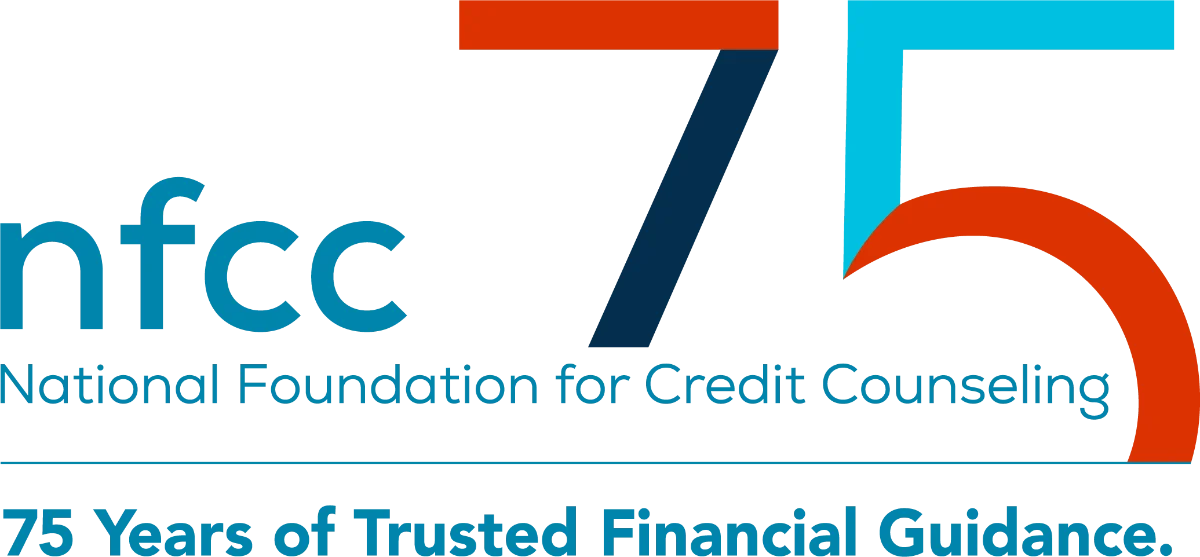How to Pay Off Your Mortgage Faster
Most people don’t stay in the same home for 30 years. In fact, the average number of years we spend in one place is closer to 15. Yet, the most popular types of mortgages have 30-year terms, meaning the repayment schedule is 30 years long.
Of course, you don’t have to take the full three decades to repay your mortgage. In fact, there are good reasons to speed things up. Namely, it can save you large sums of money.
Yes, paying off your mortgage early can take a bit of time and effort, but depending on your situation, it could be easier than you think.
Should you pay off your mortgage early?
For many homeowners, paying off your mortgage early is a good idea!
There are a handful of benefits to early mortgage payoff, but the main one is the money you can save. By speeding up the timeline, you cut down on the amount of interest you owe the lender. The savings can be significant, especially if you are in the early years of your loan.
For example, let’s say you have a 30-year, $300,000 mortgage with a 7% interest rate and a $1,996 monthly payment. If you pay the loan as scheduled, the total interest you pay to the lender will come out to a shocking $418,527.
However, if you increase your payments to pay off that same loan in 25 years, the total interest charges drop to $336,101. But what if you pay it off in 15? Your total interest charges drop to $185,367, saving you a massive $233,160.
Pros
- Reduce the total interest you pay the lender
- Eliminate a major debt account
- Free up money for other expenses or investing
- Gain more home equity
- Reduce the risk of foreclosure and late fees
Cons
- The money might be better used to pay off high-interest debt, like credit cards
- If your mortgage rate is low, investing the could be a better move
- Some lenders charge prepayment penalties (usually in the first 3-5 years of the loan)
- You can no longer deduct mortgage interest from your taxes
Four ways to pay off your mortgage early
1. Use a portion of each paycheck
Do you get your paycheck bi-weekly or weekly? If so, you can speed up your mortgage payoff by splitting up your monthly payment evenly across your pay periods.
For example, if you get paid every-other week, divide your monthly payment in half and pay that amount from each paycheck. When you do, you’ll cut about seven years off of a 30-year mortgage repayment.
Why does this speed up the process? Because not every month is just four weeks long. In other words, there are some months where you’ll get an extra paycheck, so you’ll end up paying more than what’s due.
2. Make an extra payment each year
You can shave several years off of your loan repayment by making one extra mortgage payment per year. How can you come up with the money? It’s not doable for everyone, but you might use the following funds to help:
- Tax refund
- Annual bonus
If you come into a windfall or receive a lump sum of cash from an inheritance, you might consider putting that money toward your mortgage payment too.
3. Increase your monthly payment
If money is tight, you can still make a dent in your mortgage by paying a little extra each month. For example, if your monthly payment is $1,500, try increasing your payments to $1,550.
A $50 a month increase may not seem useful, but it goes a long way. If you have a $300,000 mortgage with a 7% interest rate (the example we used above) you can save $38,401 by paying just $50 extra each month, and your 30-year loan will be paid off more than two years early.
Perhaps you can only pay an extra $10 or $20 a month now? If that’s the case, start small and plan to increase your payment every time your finances improve. Instead of increasing your spending, you can put the extra money toward the loan.
4. Refinance
Another way to potentially shorten your repayment timeline is to refinance your mortgage. This option isn’t for everyone — there are a few stipulations you’ll need to meet in order to make refinancing worthwhile:
- Credit scores: It can be difficult to refinance with bad credit. Ideally, your credit scores are high enough to qualify for a loan with lower APR than your current mortgage.
- Payoff date: You might not qualify for a new loan with an earlier payoff date than your current one. In order to qualify for a shorter term, you usually have to have a good amount of equity in your mortgage.
You might be tempted to refinance into a much shorter repayment term, like 15 years, but note that this will likely drive up your monthly payments. Depending on your situation, you might be better off simply making extra payments when you can, rather than committing to a new payoff term.
Not sure which option is best? An NFCC-certified credit counselor can help. When you meet with our counselors, they can examine your credit, your budget and the details of your mortgage to suggest the best method for paying the loan off early.


